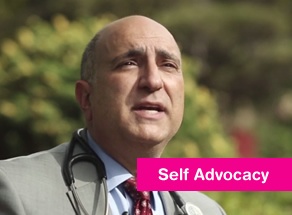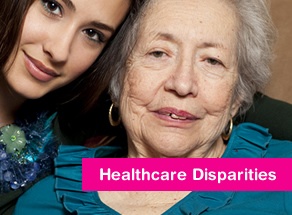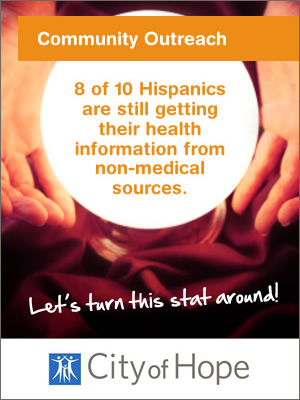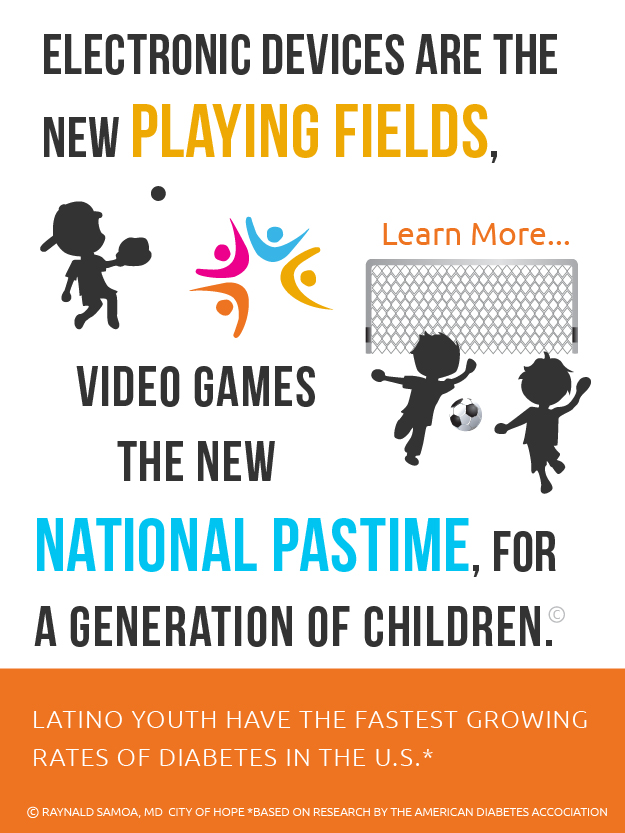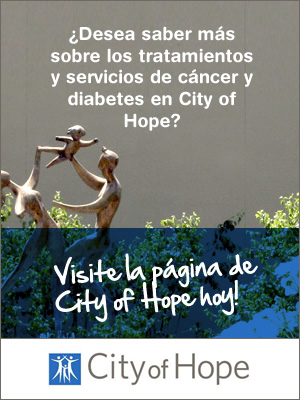Treatment Insights
Treatment and Research Directions for the Older Cancer Patient
22/02/2015 09:36pm | 8107 viewsOlder adults with cancer are an oft neglected group, especially when you consider that they represent the vast majority of cancer patients. Despite this fact, they are severely underrepresented in clinical research to date, which tends to study treatment options, effects and outcomes for younger populations of patients.
Healthcare Disparities
Study: Latino Families Not Served by Autism Tests
23/09/2013 10:42am | 9105 viewsAt a time when autism diagnoses are at an all-time high, most pediatricians don’t offer the tests necessary to screen Spanish-speaking children.
A study by Oregon Health and Science University researchers in the journal Pediatrics found only about 10 percent of California pediatricians offer both developmental and Autism Spectrum Disorder (ASD) screenings in Spanish. The tests are recommended by the American Academy of Pediatrics, with four developmental screenings between ages nine and 30 months and two autism screenings at 18 and 24 months.
Breast Cancer Awareness
Let’s Embrace Research -- It Can Teach Us the Darndest Things
24/03/2015 10:01am | 7713 viewsA wise man once asked me how I envisioned the future of Latinas Contra Cancer (LCC), the organization I founded in 2003. I said it would be the Latino American Cancer Society, only focused on service not research. Let somebody else worry about the research!
Healthcare Disparities
Stanford Cancer Clinical Trials Awareness Week on April 20-24
08/04/2015 08:51pm | 8116 viewsFor the first time includes special activities for Hispanic/Latino patients and community members.
Healthcare Disparities
Hispanics’ Health in the United States
08/05/2015 02:56pm | 8593 viewsHealth risks vary by Hispanic subgroup. The first national study on Hispanic health risks and leading causes of death in the United States by the Centers for Disease Control and Prevention (CDC) showed that similar to non-Hispanic whites (whites), the two leading causes of death in Hispanics are heart disease and cancer.
